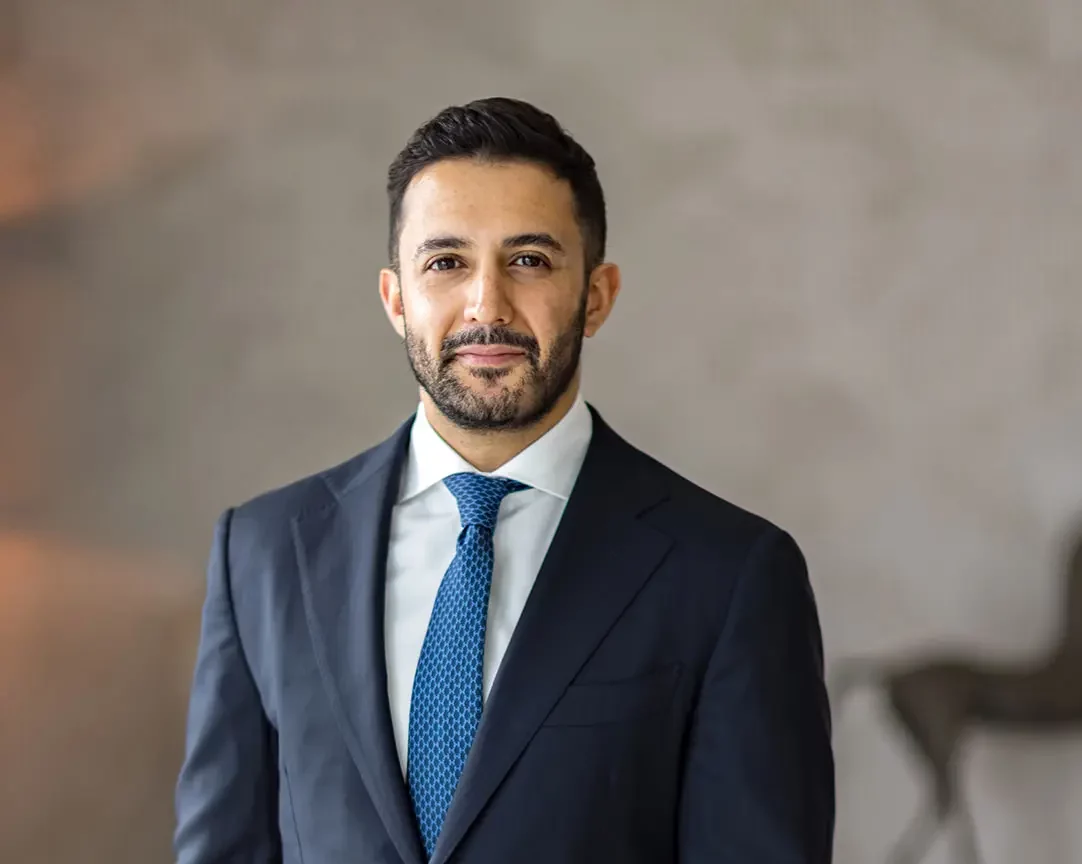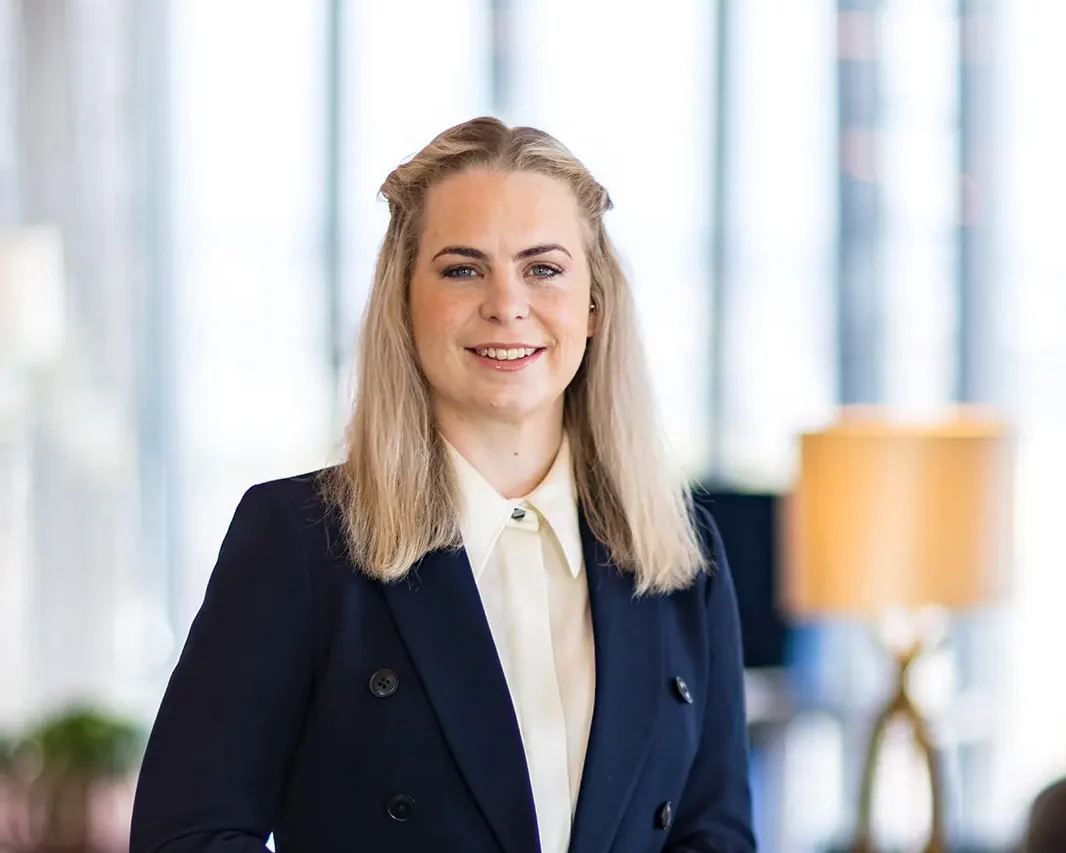If a person, company, or entity is subject to UK financial sanctions under the Sanctions and Anti-Money Laundering Act 2018 (SAMLA), anyone who wishes to continue business dealings with the sanctions target must obtain a licence from the Office of Financial Sanctions Implementation (OFSI). This licence will provide an exception to the prohibition on making funds or economic resources available to businesses owned, held, or controlled by a designated person or entity.
It is important to note that OFSI grants relatively few licences and scrutinises applications rigorously. Commenting to the Law Society Gazette concerning the granting of OFSI licences to legal professionals providing advice to those on the Russian sanctions list a Treasury spokesperson stated:
“OFSI carefully scrutinises all applications made to assess whether they fall under the relevant licensing grounds as outlined in sanctions legislation. OFSI aims to engage with applicants on the substance of completed applications for specific licences within four weeks. A completed application is one where OFSI has received all the information needed to make a decision about whether there is a legal basis to grant a licence.”
Below is a brief guide to obtaining an OFSI licence to conduct business dealings with a sanctioned person or entity.
What is an OFSI licence?
At its essence, an OFSI licence is written permission to carry out functions that would otherwise be in breach of UK financial sanctions. If you are granted a licence, it is unlikely to provide a carte blanch to undertake any transaction you wish with the designated person, company, or entity. Instead, the OFSI licence will contain specific permissions and conditions that control the boundaries of your activities.
How do I apply?
You need to fill out an application form. This must be done correctly, incomplete forms will slow down the review process. You will need to provide information and evidence concerning:
- How much you will be paid for your work.
- The intended purpose of the transaction/funds.
- The intended payment route(s).
- Who will send and receive the funds, including any intermediaries and beneficiaries.
- How the funds will be accounted for.
- Evidence that the proposed payment is reasonable.
- The urgency of the deadline relating to receiving the licence (if applicable).
- The legal basis for your application.
What is meant by the legal basis for an OFSI licence application?
An OFSI licence can only be issued if there are legal grounds to do so. The grounds available under SAMLA for transactions involving a designated person, business, or entity include, but are not limited to:
- Reasonable legal fees and expenses associated with providing legal advice.
- The provision of basic needs such as food, shelter, and medicine.
- Humanitarian assistance.
- The meeting of obligations started before the sanctions were imposed.
You will need to work with an experienced sanctions solicitor to ensure you not only reference the correct legal grounds for obtaining a licence but also provide the evidence required to prove that granting a licence is lawful and reasonable.
A list of legal grounds is available in the schedules of the regulations setting out financial sanction targets by regime. For example, the legal grounds for licences concerning sanctions made against Iran can be found in schedule 4 of the Iran (Sanctions) (Human Rights) (EU Exit) Regulations 2019. Within the schedules, you will also find a list of prohibited transactions.
How long does it take to get an OFSI licence?
The OFSI aims to discuss applications with the sender within four weeks. Humanitarian applications and those involving life-threatening situations will be prioritised.
If the OFSI decides to grant you a licence, it will share a draft copy of the document with you. The purpose of this is to check that the details are correct. It is not an opportunity to ask for substantive amendments. To ensure the licence provides the coverage you need to undertake necessary transactions with a designated person, business, or entity, it is best practice to have the draft checked by a solicitor experienced in sanction licence law.
Wrapping up
Applying for an OFSI licence is far from straightforward, however, there are several things you can do to expedite the process and increase your chances of making a successful application, including:
- Carefully study the government guidelines and the legal grounds for making your particular application.
- Submit your application as early as possible, reviews can take longer than four weeks.
- Do not undertake any transactions unless you have a valid licence, otherwise you risk being in breach of sanctions and could face serious penalties.
- Provide as much evidence and information as you can in your initial application and ensure it is completed correctly.
- Expect questions from the OFSI – they will likely need to clarify certain points.
- Instruct an experienced solicitor to advise and represent you throughout the application process.
To discuss any points raised in this article, then please contact the author Waleed Tahirkheli who is a partner in Civil Fraud at Eldwick Law. For more information on sanctions related topics, please follow the News page where the following articles maybe of interest to you:
- https://eldwicklaw.com/sanctions-can-i-have-my-name-removed-from-a-designated-list/
- https://eldwicklaw.com/how-russian-sanctions-may-affect-your-business/
- https://eldwicklaw.com/are-targeted-sanctions-effective-in-dealing-with-rogue-states/
Share this Post





